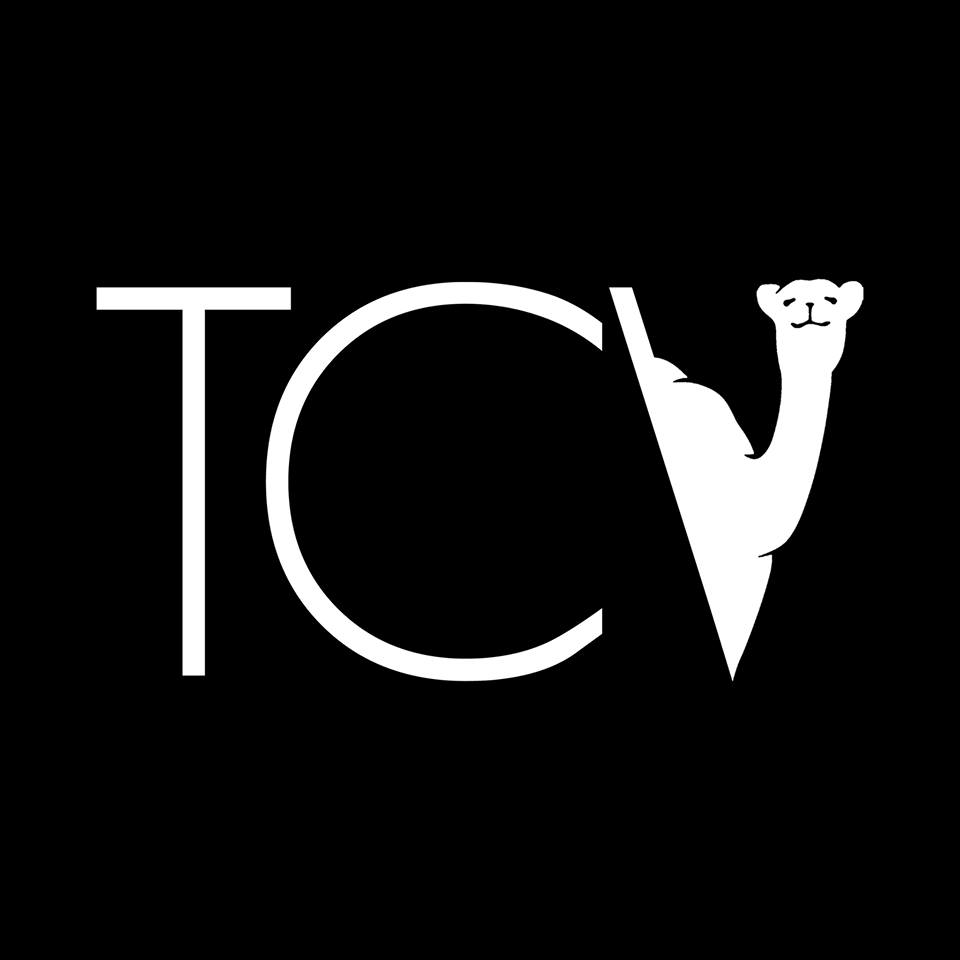This last Friday and Saturday, I had the pleasure of attending the Historical Poetics Symposium, hosted here on campus in the Chu Room. From Nov. 2 to 4, nearly 50 academics, including graduate students from across the U.S., from the U.K., and from Australia, came together to present their research and discuss exactly what “historical poetics” is. Alongside the conference’s discussions, the website historicalpoetics.com particularly illuminates the aims of those working in the field: “Historical poetics is a way of working through various ideas about poetry: what it is, how to read it, and how these ideas have changed over time. These are theoretical as well as historical questions, especially in the nineteenth century, a period of rapid development of historicisms, prosodic systems, and the global spread of English.”
Since a 2002 conference on “The Traffic in Poems,” the group has been “dedicated to individual and collaborative critical explorations of Anglophone poetry from the long nineteenth century, considered in a transatlantic and broadly comparative framework.” Those interested in historical poetics are interested in questions like: “What are we talking about when we talk about poetry? What were poets and readers thinking about when they thought about poetry in 1801? In 1833? In 1854? In 1896? In 1952? In 2015?”
Friday’s panels included “Genres Big and Small,” “Big 18th Century Questions,” a discussion on “Comparative Approaches,” and a seminar on Toru Dutt, an Indian poet who wrote in English and French. Favorite presentations included Alok Yadov of George Mason University’s “Eighteenth Century Versions of Historical Poetics,” on the diachronic and synchronic modes of historical analysis, Dana Murphy of the University of California at Irvine’s “Phillis Wheatley After Lyricization,” on the historicization and appropriation of Phyllis Wheatley’s poetry, and Suvir Kaul of UPenn’s keynote address, “Apostrophe as a Theory of History,” on the limits of personification and narrative address.
Saturday’s panels included “Genres Big & Small, Part Two,” “Eighteenth- and Nineteenth-Century American Poetry,” a roundtable discussion on “Print and the Histories of Reading,” and Virginia Jackson’s keynote “Slow Poetics,” which took up and responded to questions of narrative address and the relationship of genre and form. One of the more creative research projects presented Saturday was Brad Pasanek of the University of Virginia’s linguistic investigation into poetics, entitled “Ten Low Words (or Fewer), Millions of Dull Lines.” Pasanek identified nouns and adjectives which did not fit easily into metrical lines and verse, and using computational analysis, found thousands of possible combinations and analogously hundreds of poems which had employed these very combinations, displaying the versatility and flexibility of verse.
Throughout the conference, questions about terminology and the value of different modes of historical analysis abounded. What, exactly, was lyricization? (a set of print and pedagogical practices that collapsed the variety of poetic genres into lyric as a synonym for poetry, according to Jackson) And is it a bad thing? (Jackson seemed mystified by the hostility in this charge.) How slow, how ethically slow, can those working in the field of historical poetics really go, given institutional pressures and parameters? And how to move forward through the past?
I spoke to Jeff Strabone, Associate Professor of English at our College and organizer of the conference, about his intentions for organizing and hosting the symposium at Connecticut College. “The symposium brought together scholars of eighteenth- and nineteenth-century poetry to discuss cutting-edge research and new directions in the field. Many Conn students got to see their first academic conference. It’s a great opportunity to see professors at work in their capacity as research scholars,” Strabone said. I certainly enjoyed attending my first academic conference.
For more information on historical poetics, the reading group and the research, check out historicalpoetics.com, or historicalpoetics.org.










